I've never put too much thought behind the question, because hypothetical. There wasn't a reason to discuss if I would or wouldn't because there isn't a cure and despite all the research into Down syndrome being done I didn't see how there could ever be a cure.
Down syndrome happens at conception. It's when the 21st chromosome coming from the mother or father doesn't split and the new developing fetus ends up with 3 copies of that chromosome instead of the typical 2. Once that extra chromosome is there, it's there, right? I mean you can't just remove a chromosome after you are born with it, right?
Well a recent press release announced: New Down syndrome Therapy Discovered. A headline like that is definitely eye-catching. The press release is based off the paper "Correction of Down syndrome and Edwards syndrome aneuploidies in human cell cultures."
I wondered how can you 'correct' Down/Edwards syndrome? You're talking about the chromosome in a persons body that is replicated in every cell (unless translocation or mosaic, but still).
I'm not a scientist and I can't write like a scientist, but the gist of the article is that they applied ZSCAN4, a protein, to cells in culture (from 4 individuals with Down syndrome) and after a few weeks they noticed the emergence of up to 24% of cells with only two rather than three copies. G-branded chromosomes also showed up to 40% of cells with normal karyotype. The conclusion is that "direct, efficient correction of aneuploidy in human fibroblast cells seems possible in vitro using human ZSCAN4."
If I'm interpreting this correctly they seem to say that if Down syndrome is confirmed prenatally that they can inject this ZSCAN4 in the fetus and somehow make the 3rd copy of that 21st chromosome disappear? It boggles my mind. How soon in the pregnancy would this have to be administered? Does it make all the extra copies of the chromosome somehow disappear? Does it change the developing fetus from having any characteristics associated with Down syndrome? Does it mean a karyotype would come back with all chromosomes having the typical 2 copies?
Dr Michael Harpold, Chief Scientific Officer of LuMind RDS Foundation published his comments on this new research. He offers a scientific perspective on the study with the conclusion ..."the scientific research is interesting and otherwise could lead to further insights on chromosomal or cell maintenance and functions generally as well as in Ds. This is a research area among a very broad range of other areas that will continue to be monitored. However at this stage, this research study and associated approach would not represent a research area closely relevant to further understanding cognition or development of an associated practical cognitive or Alzheimer’s therapeutic in Ds.
The question is still hypothetical for me and not likely to ever be something that would apply to Kayla; as it is in this study it would be applied in vitro.
Instead of talking about possibilities of a cure that I don't think will happen in Kayla's lifetime (what would that look like anyway - how much would that change her as a person?) I prefer to talk, and think, about research that focuses on Alzeheimer's and improving cognition.
No, I don't want to inherently change Kayla, but Down syndrome does come with some issues that if I could help her with, why wouldn't I? I don't value Kayla based on her IQ - she has value because she is a human being, not because of the number of an IQ test - but if there was something that could help improve her cognition? Well that would help improve her independence and maybe she wouldn't struggle so much with things that we take for granted. How is that any different than me seeking medical treatment for her Obstructive Sleep Apnea?
So for me, a cure is a moot point.
C is also for a picture of Kayla's chromosomes, her characteristics, and Celiac disease.
 Grab This Button
Grab This Button



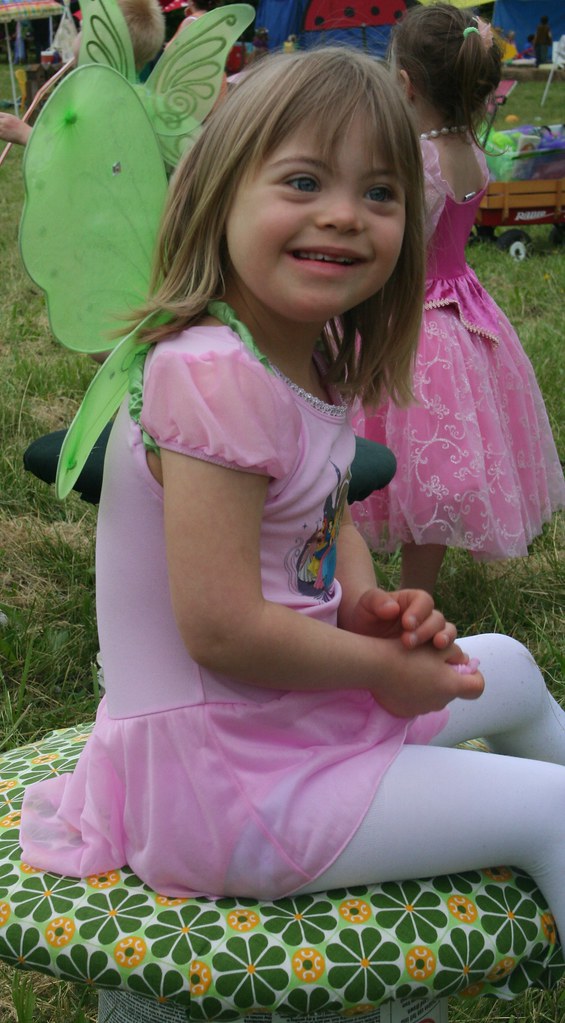

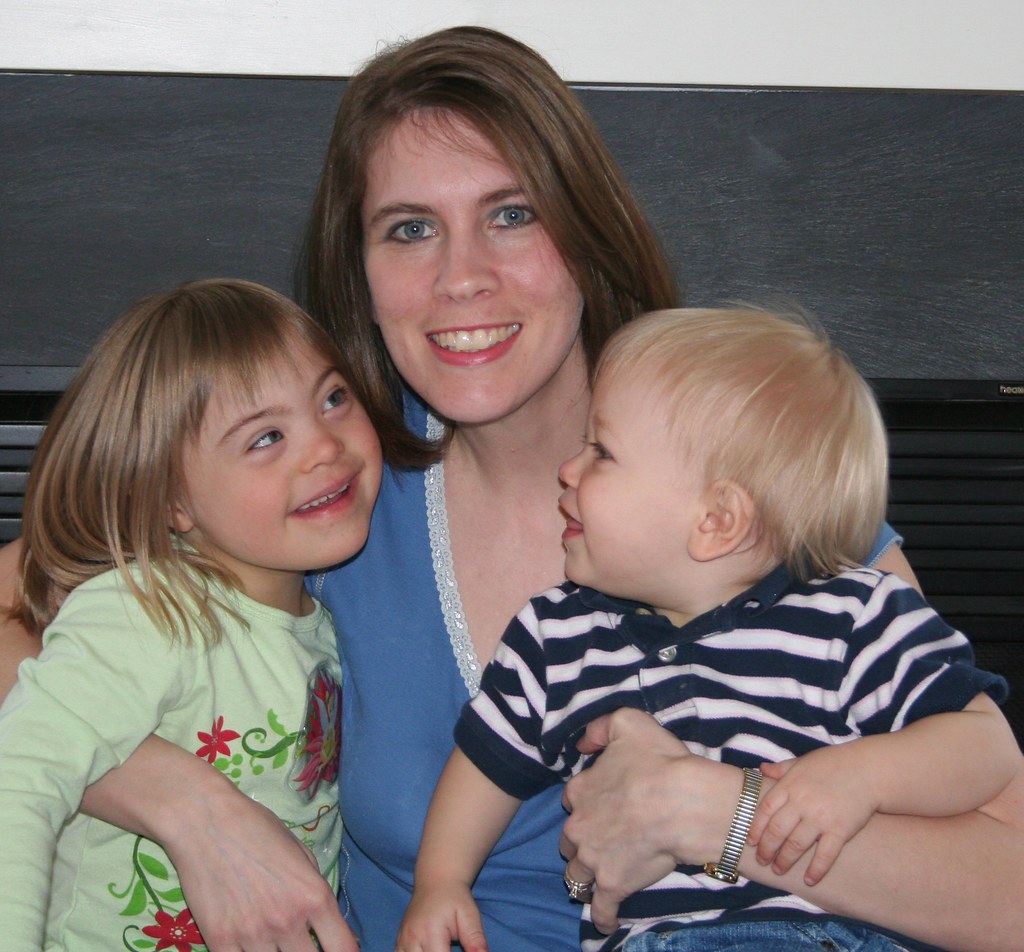
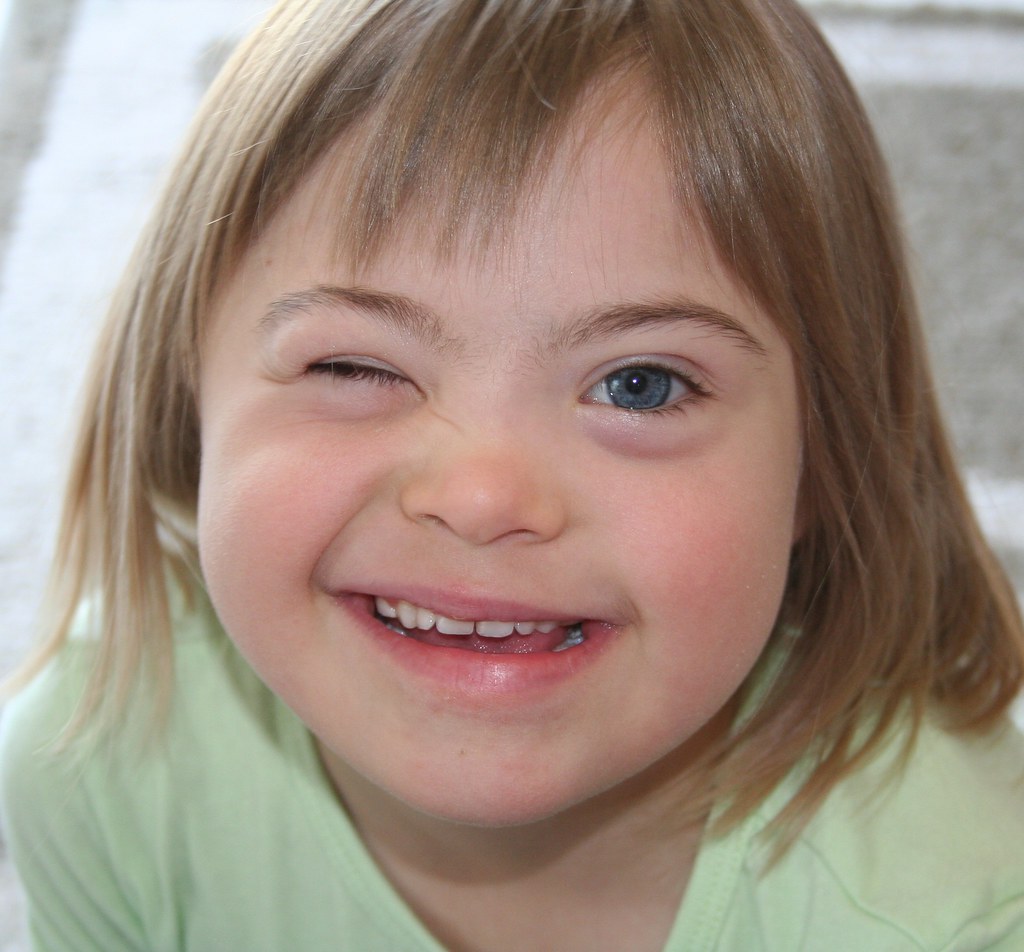
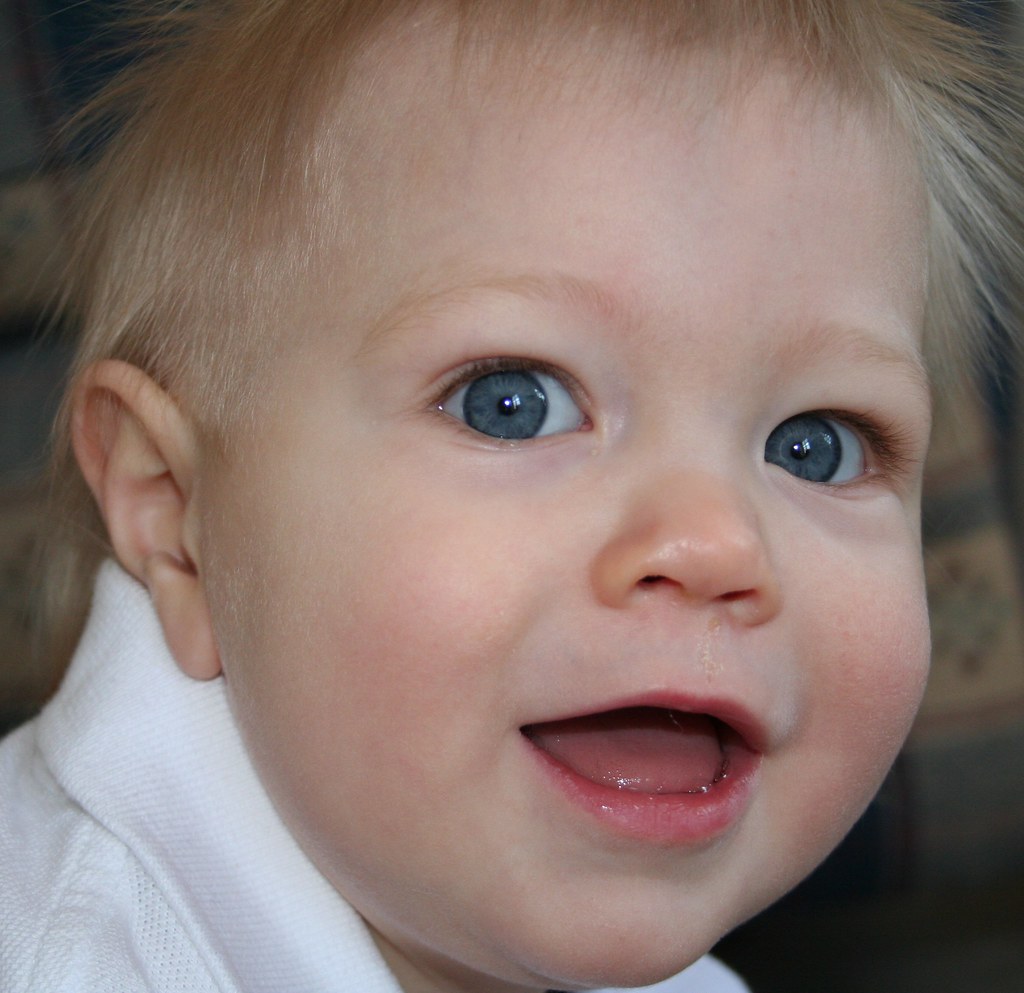
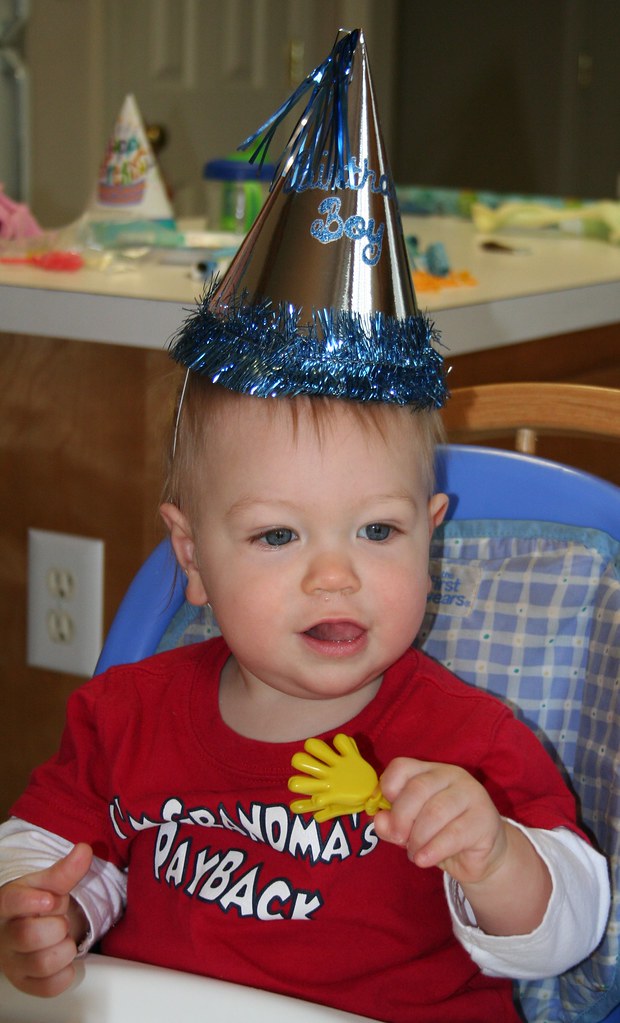


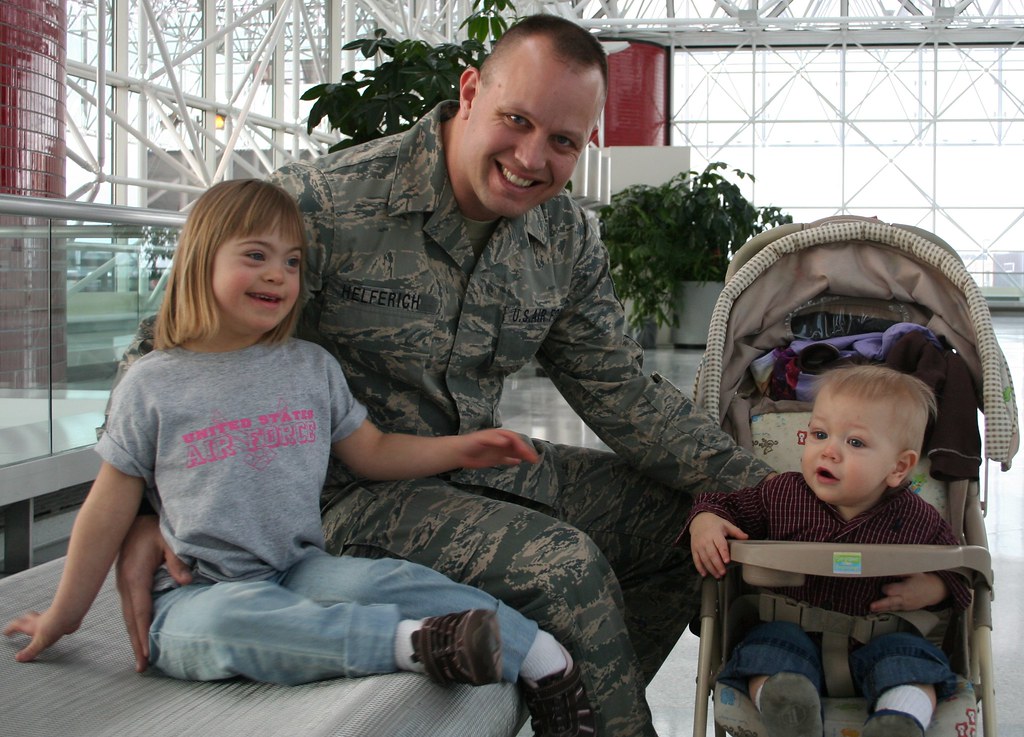
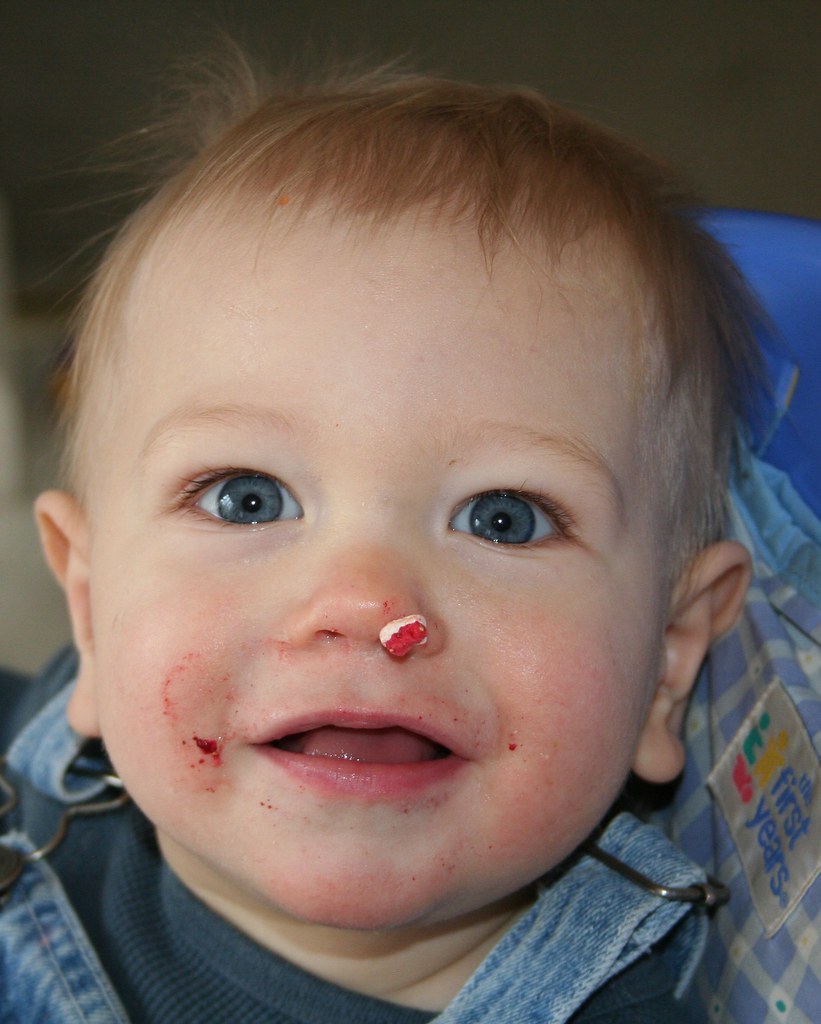
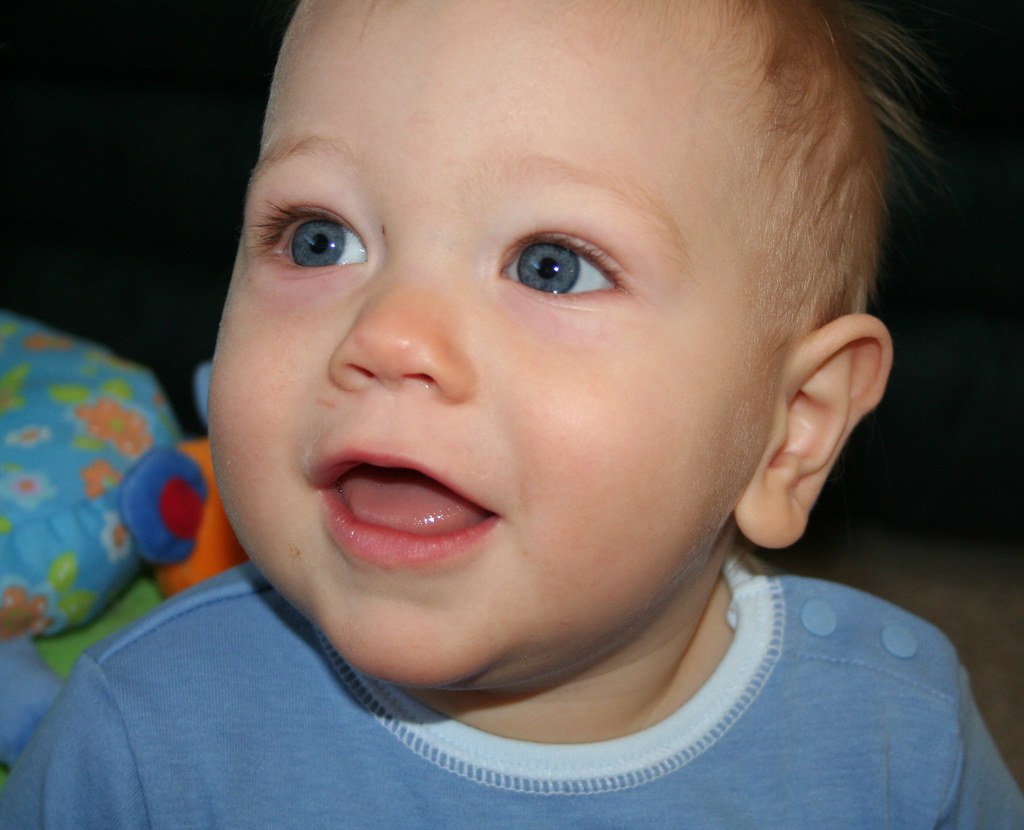
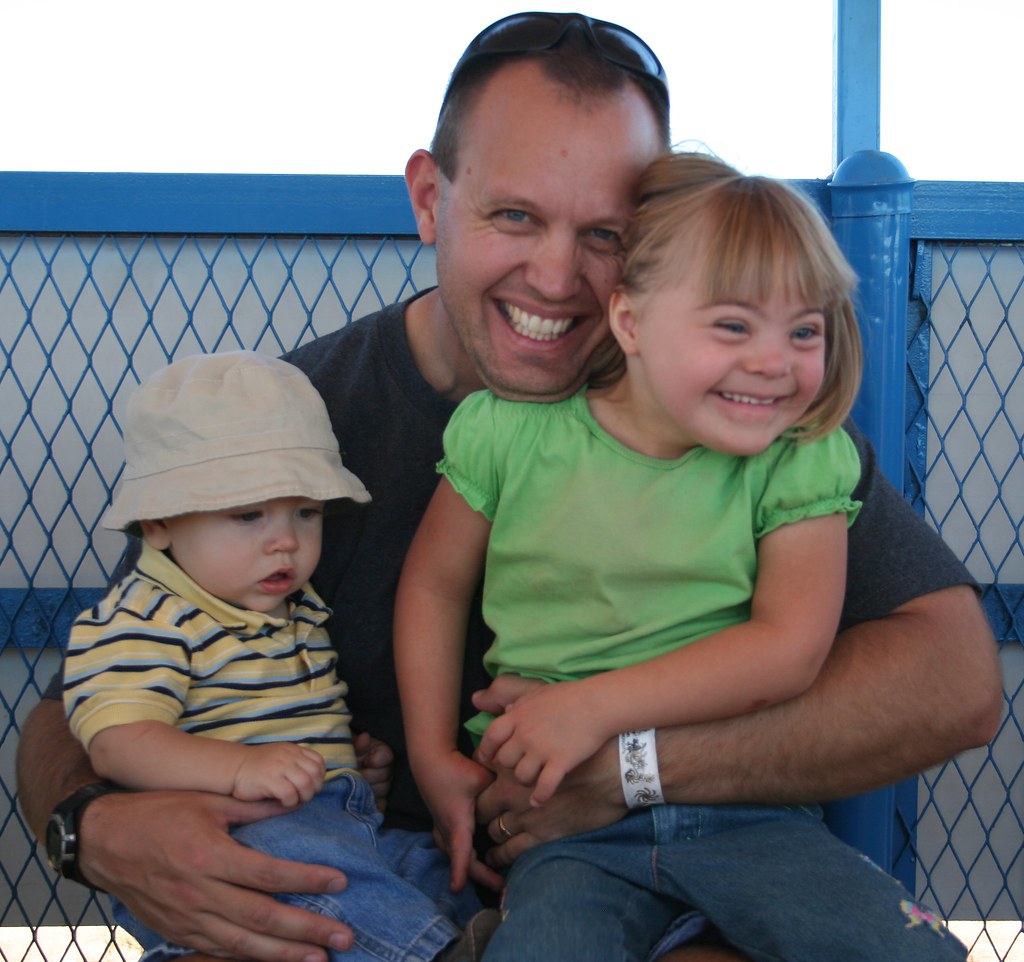
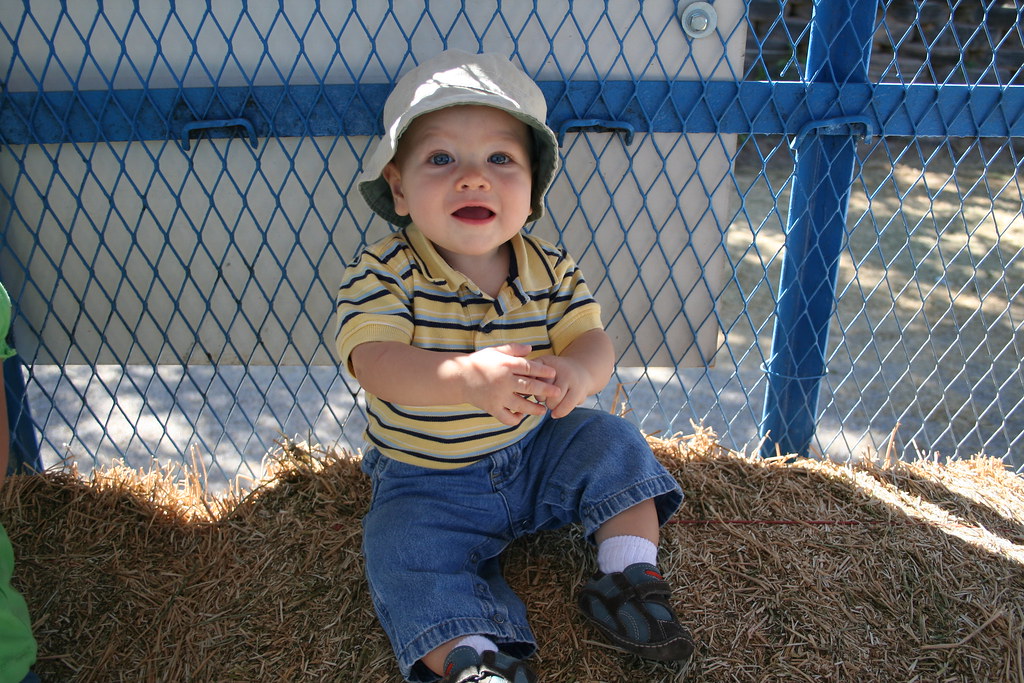

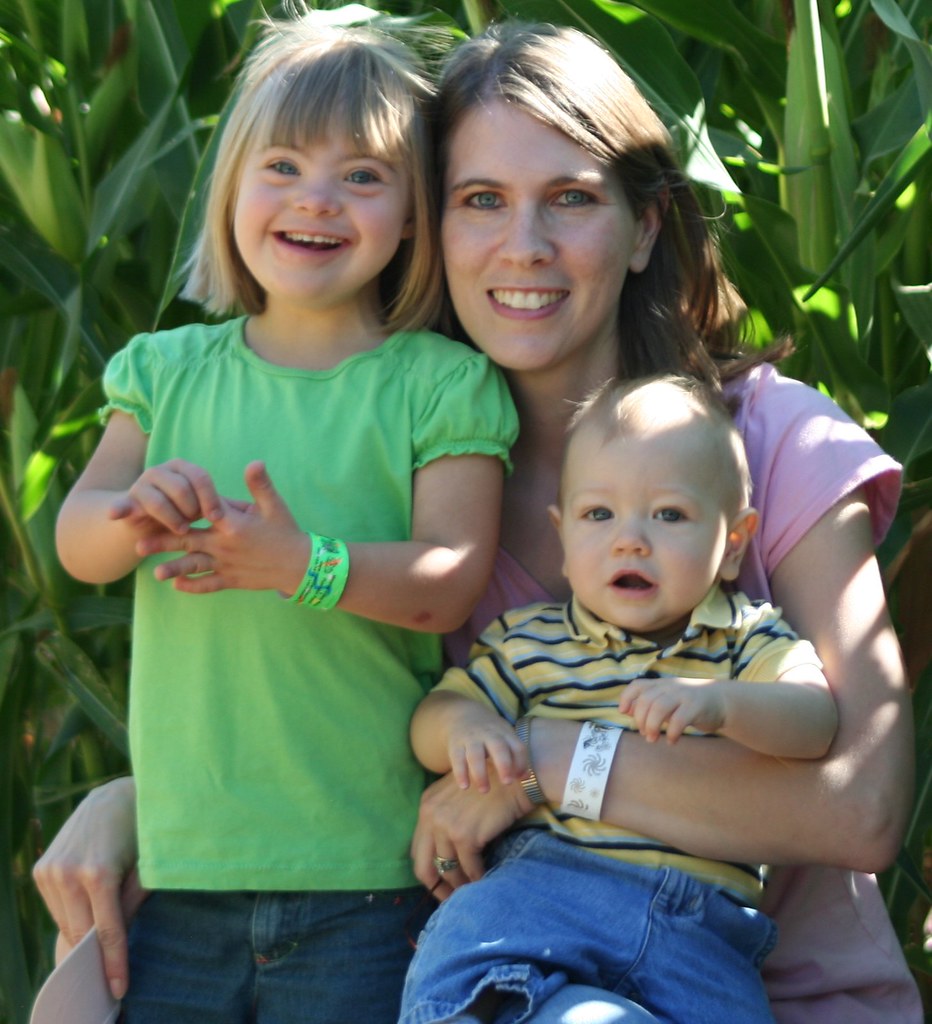
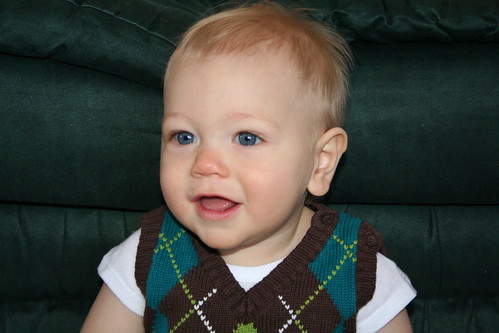



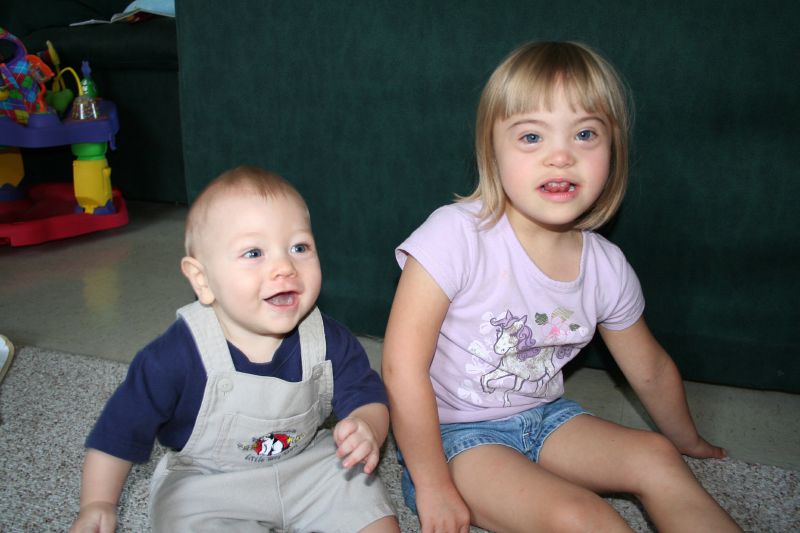
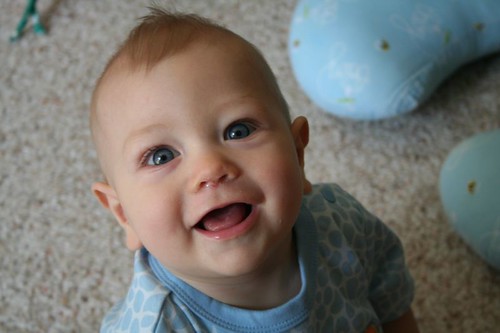

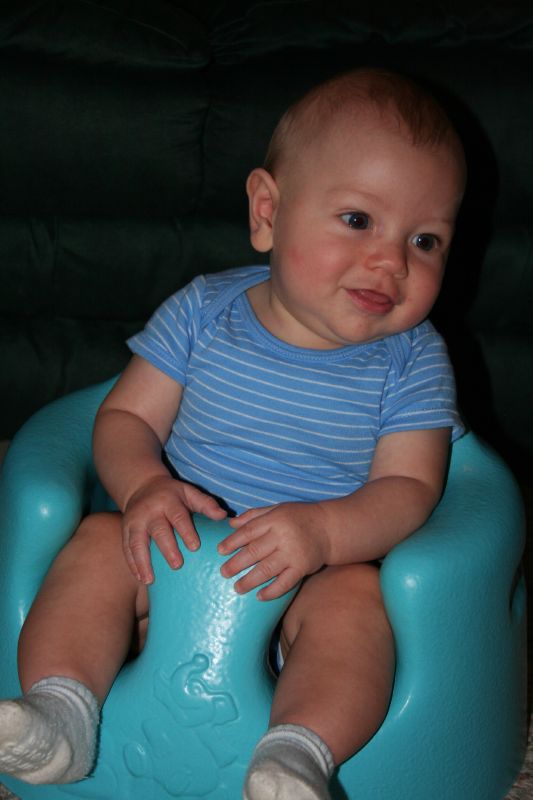
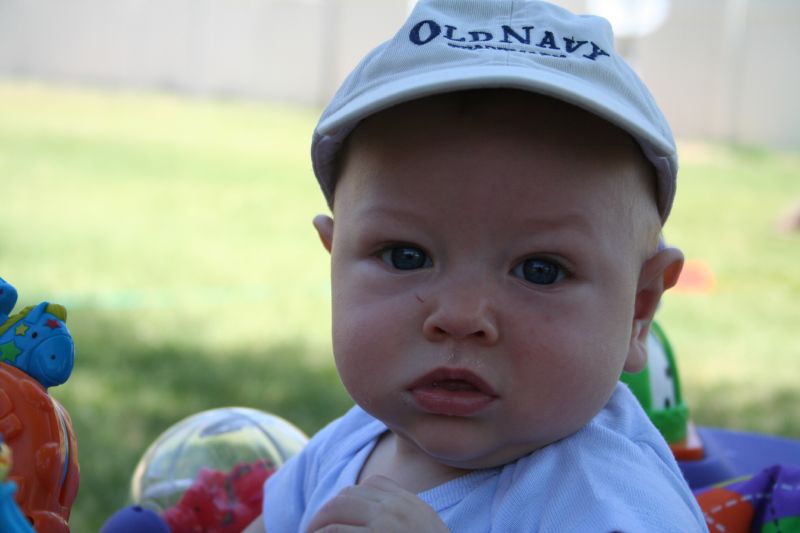
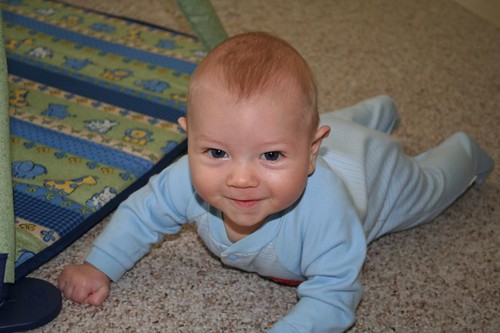
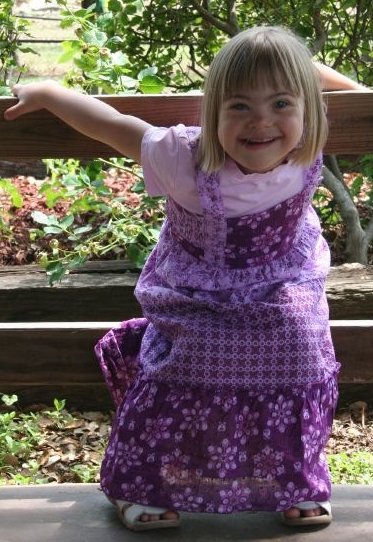
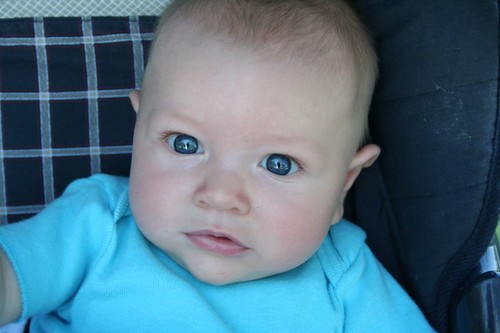
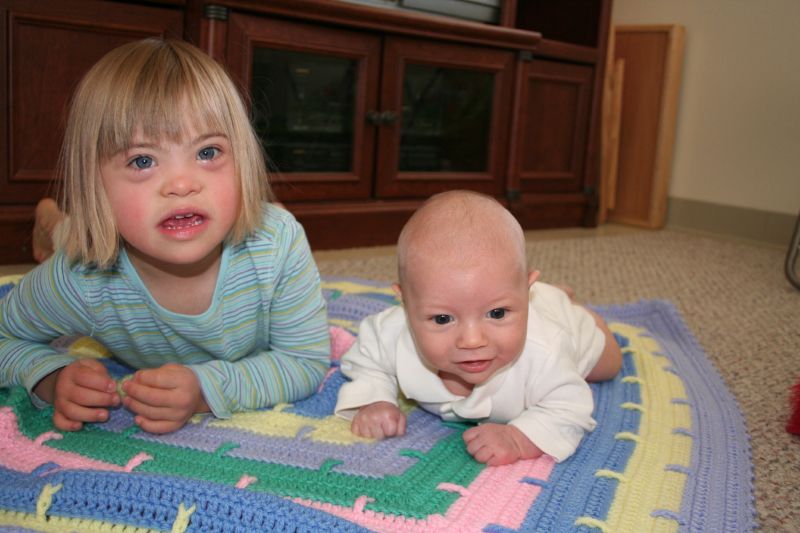
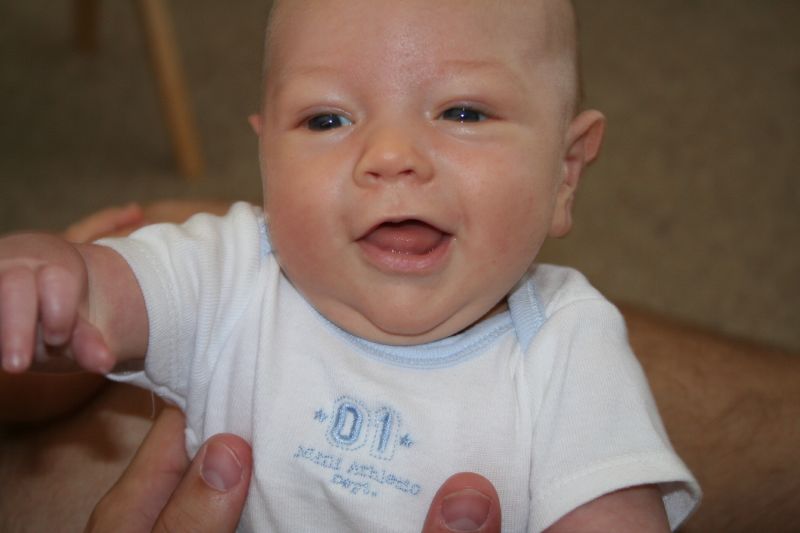
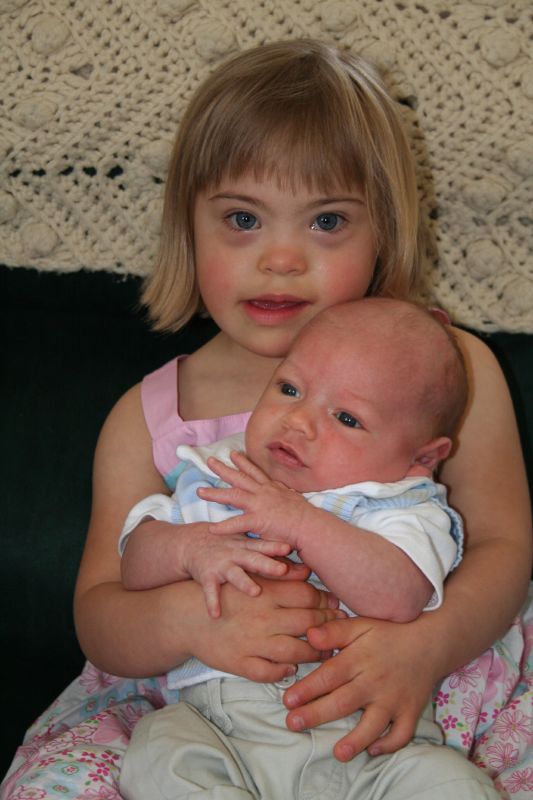
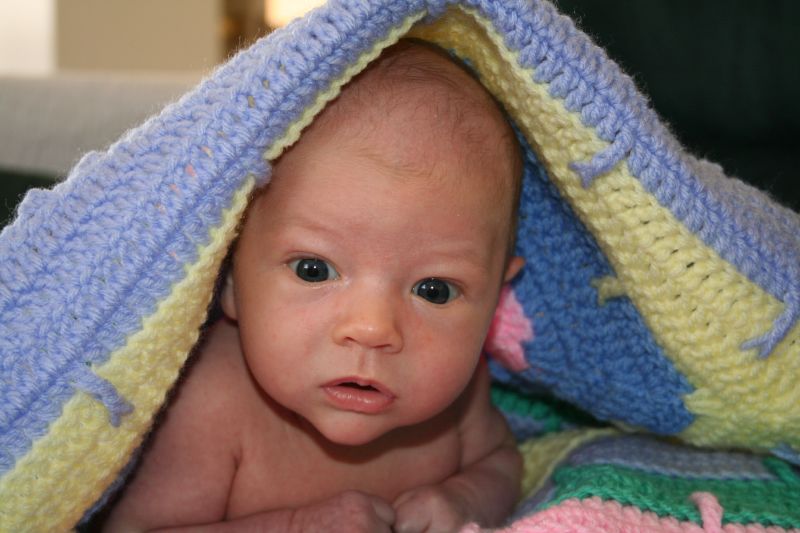
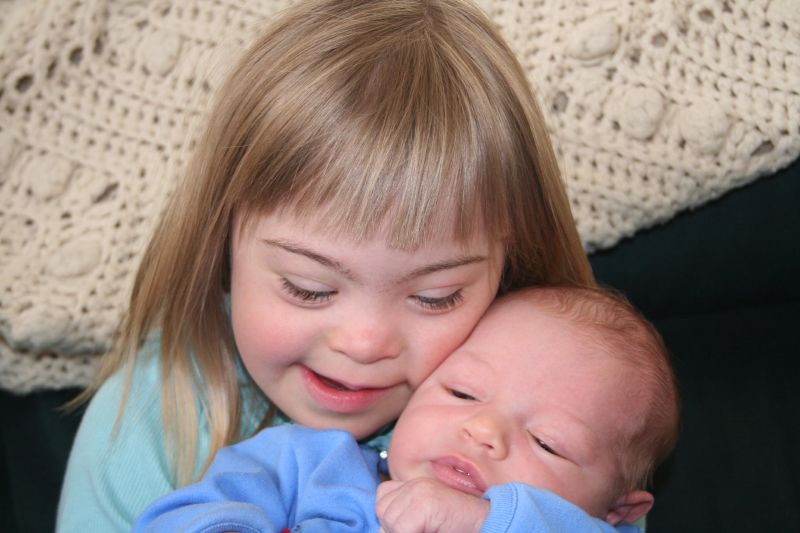
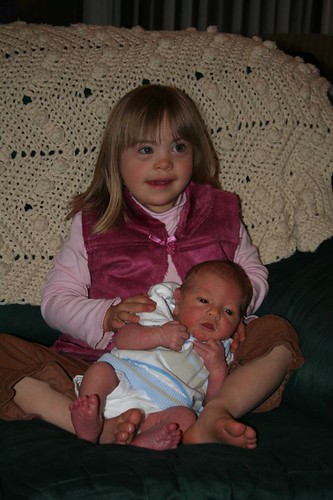
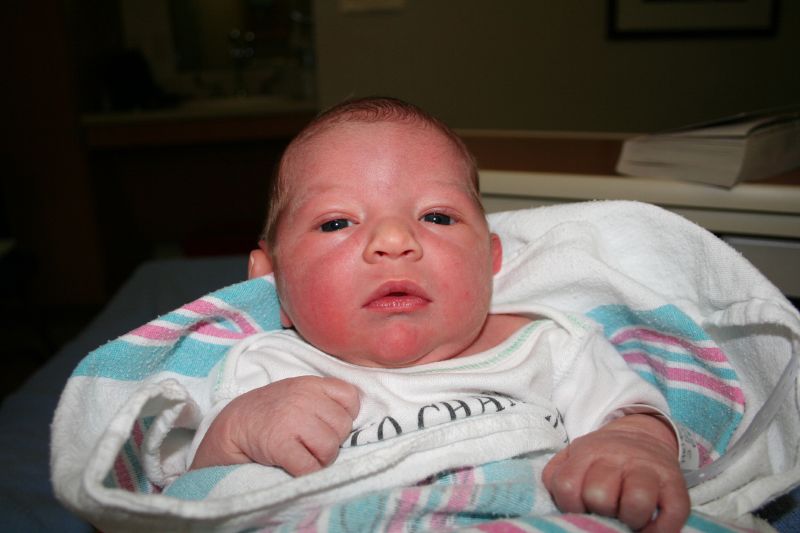
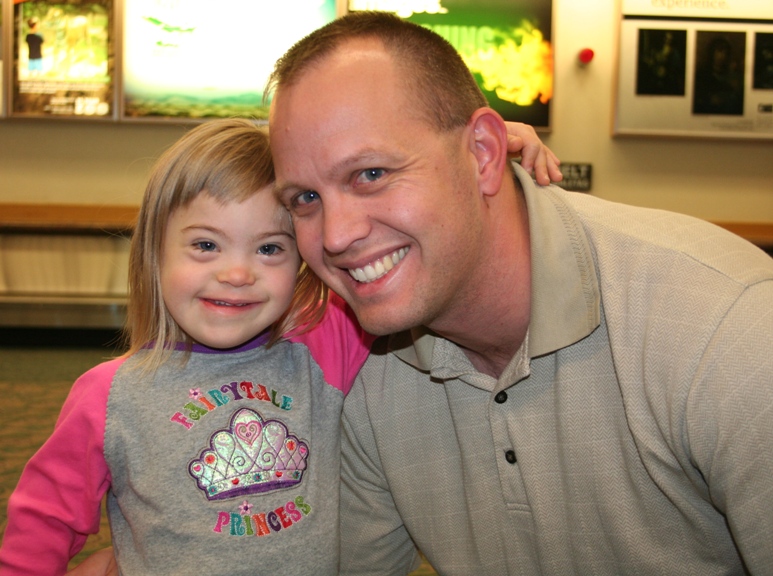



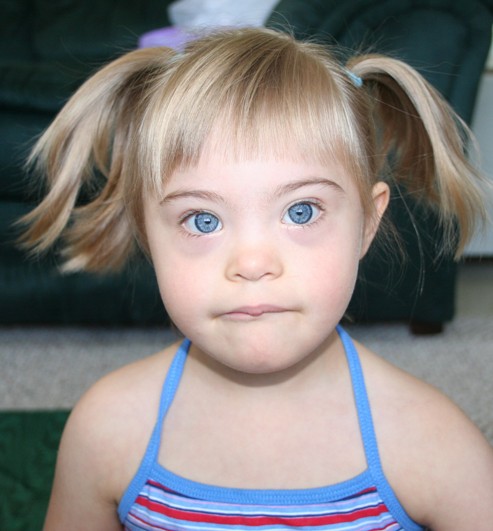
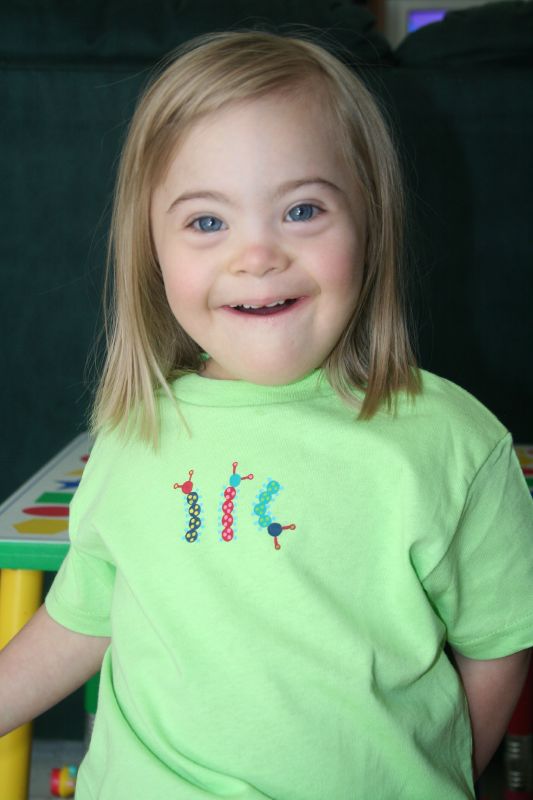



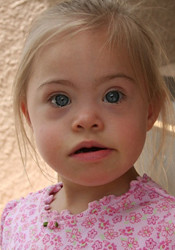




1 comment:
I would take the following into consideration: A cure would not eliminate life's struggles, just create new ones. The cure might have other detrimental effects.
Post a Comment